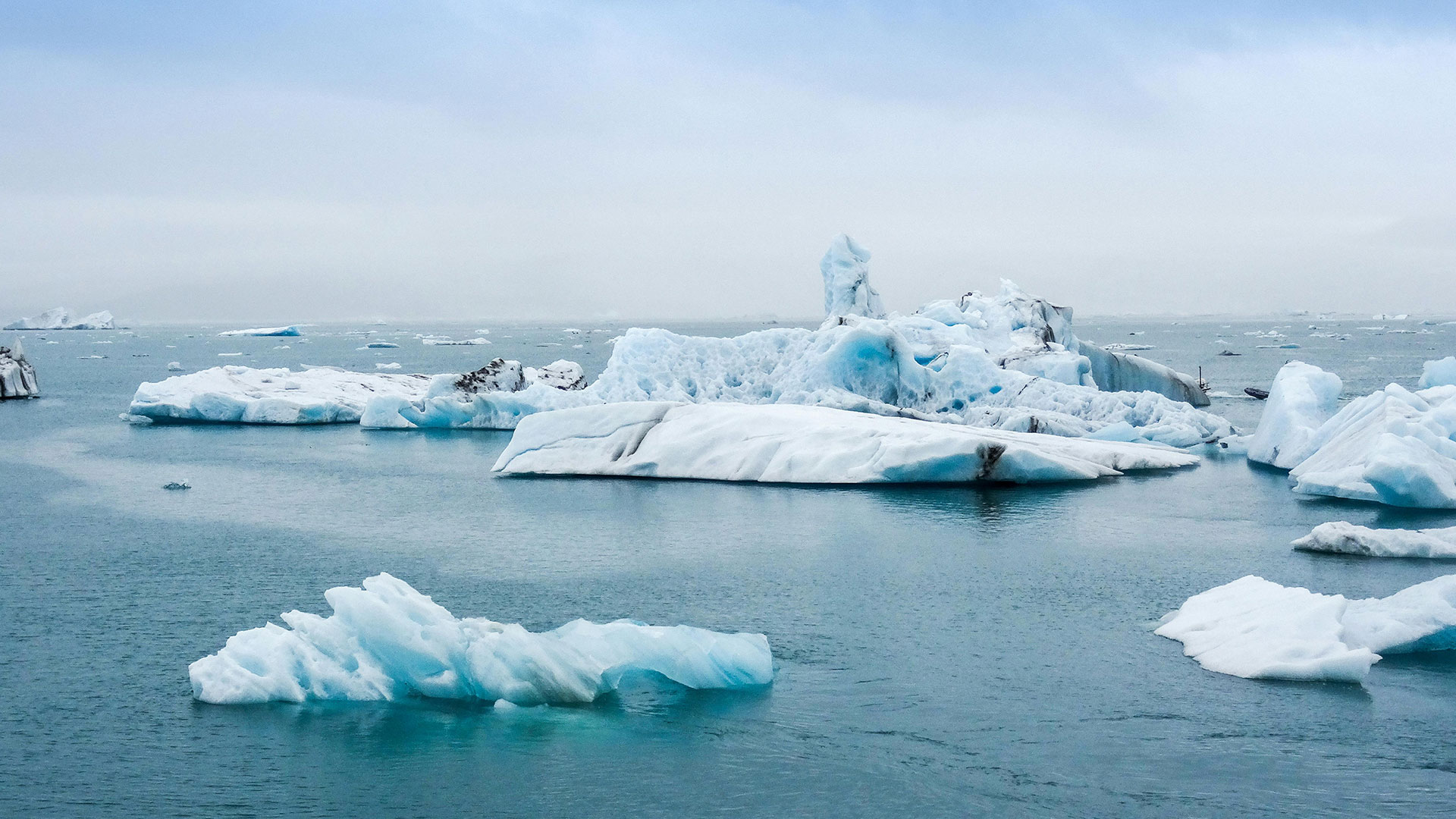At Earthshore.org, our mission is clear: to combat climate change and protect our planet’s invaluable marine ecosystems. As we engage in beach clean-ups and environmental advocacy, it is crucial to understand the broader context of global warming and climate change. Here, we present five critical facts about the current state of our climate, which underscore the urgency of our mission.
1. Rising Global Temperatures
One of the most alarming indicators of climate change is the rise in global temperatures. According to NASA, the Earth’s average surface temperature has risen by approximately 1.2 degrees Celsius since the late 19th century. This increase is largely attributed to human activities, including the burning of fossil fuels and deforestation. Rising temperatures are not just numbers; they translate into more frequent heatwaves, affecting ecosystems, agriculture, and human health. The Intergovernmental Panel on Climate Change (IPCC) warns that if current trends continue, global temperatures could rise by 1.5 degrees Celsius above pre-industrial levels by 2030, leading to severe environmental impacts.
2. Increasing Greenhouse Gas Concentrations
The accumulation of greenhouse gases (GHGs) in the atmosphere is a primary driver of climate change. Carbon dioxide (CO2), methane (CH4), and nitrous oxide (N2O) are the most significant GHGs, all of which trap heat and contribute to the greenhouse effect. Data from the World Meteorological Organization (WMO) reveals that atmospheric CO2 levels have surged to over 420 parts per million, the highest in at least 800,000 years. This rise in GHG concentrations is primarily due to human activities such as industrial processes, transportation, and agriculture. The persistence of high GHG levels exacerbates global warming and disrupts climatic patterns.
3. Melting Polar Ice and Glaciers
The melting of polar ice caps and glaciers is one of the most visible consequences of global warming. Satellite observations indicate that the Arctic sea ice extent has decreased by about 13% per decade since 1979. Similarly, the Greenland and Antarctic ice sheets are losing ice mass at an accelerating rate. According to the National Snow and Ice Data Center (NSIDC), Greenland’s ice loss alone contributes roughly 0.7 millimeters to global sea level rise annually. This rapid melting not only contributes to rising sea levels but also affects marine ecosystems and global weather patterns.
4. Rising Sea Levels
Rising sea levels are a direct result of thermal expansion and the melting of ice masses. The IPCC estimates that global sea levels have risen by approximately 20 centimeters since 1901, with the rate of increase accelerating in recent decades. Coastal regions are particularly vulnerable, experiencing more frequent flooding and erosion. Low-lying islands and coastal communities face existential threats, with some areas potentially becoming uninhabitable in the near future. The increased sea level also leads to saltwater intrusion into freshwater resources, affecting agriculture and drinking water supplies.
5. Increased Frequency of Extreme Weather Events
The frequency and intensity of extreme weather events are on the rise, linked directly to the changing climate. Events such as hurricanes, heatwaves, droughts, and heavy rainfall have become more common and severe. The World Health Organization (WHO) reports that heatwaves have become more frequent and intense, leading to an increase in heat-related illnesses and fatalities. Additionally, intense rainfall and hurricanes, like Typhoon Gaemi, have caused unprecedented flooding and damage. These extreme weather events not only impact human communities but also disrupt ecosystems, agriculture, and infrastructure.
Call to Action
Understanding these five critical aspects of global climate change highlights the urgent need for collective action. Earthshore.org is committed to addressing these challenges through beach clean-ups and environmental advocacy. We need your support to continue our vital work.
Here’s how you can help:
- Donate to Earthshore.org to support our ongoing beach clean-up projects and climate advocacy efforts.
- Volunteer with us to participate in hands-on environmental activities and contribute directly to our mission.
- Spread the Word by sharing this blog and our mission with friends, family, and on social media.
- Adopt Sustainable Practices in your daily life to reduce your carbon footprint and contribute to a healthier planet.
For more information on how you can get involved, visit our website at Earthshore.org or follow us on social media. Together, we can make a difference and work towards a healthier, more resilient Earth. Let’s act now to safeguard our oceans and combat climate change.
Give. Volunteer. Share. Act. Your involvement is crucial in our fight against climate change.

